The King and Queen were officially welcomed to Kenya with a display of military pomp and pageantry as their state visit began. Charles and Camilla were warmly greeted by Kenya’s President William Ruto and his wife First Lady Rachel Ruto at the State House in Nairobi during the first full day of their tour.
Before the formalities began the foursome posed for a picture for the waiting press with the president’s official residence as a backdrop.
The King later joined President Ruto on a dais, as a nearby Guard of Honour, formed in two rows, gave a royal salute and the Kenya Defence Force band played the UK and Kenyan national anthems followed by a 21-gun salute.
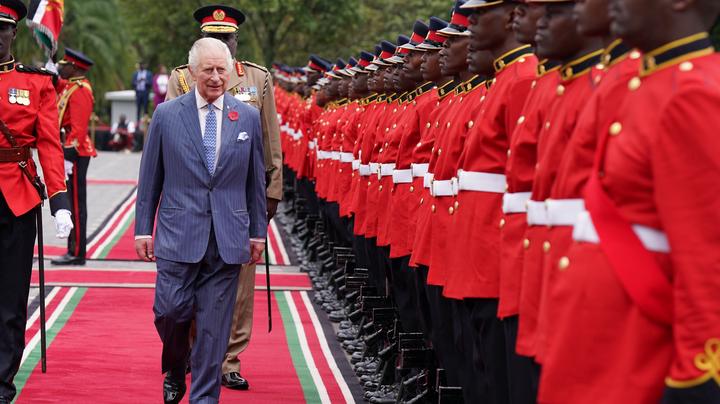
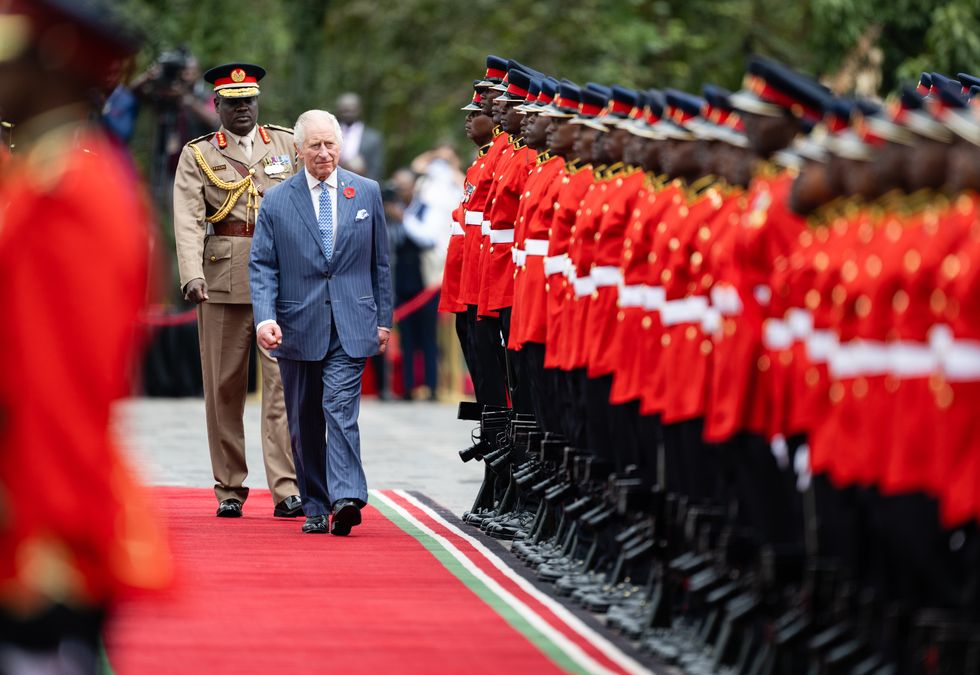
Charles inspected the troops, walking past the soldiers in their red tunics and peaked caps. The King and Queen were invited by President Ruto for a five-day state visit, their first to a Commonwealth country, that will strengthen the UK’s relationship with Kenya through the “soft diplomacy” of the British royal family.
Kenya is celebrating the 60th anniversary of its independence from Britain and Charles later held a bilateral meeting with the Kenyan statesman while Camilla had separate talks with Mrs Ruto.
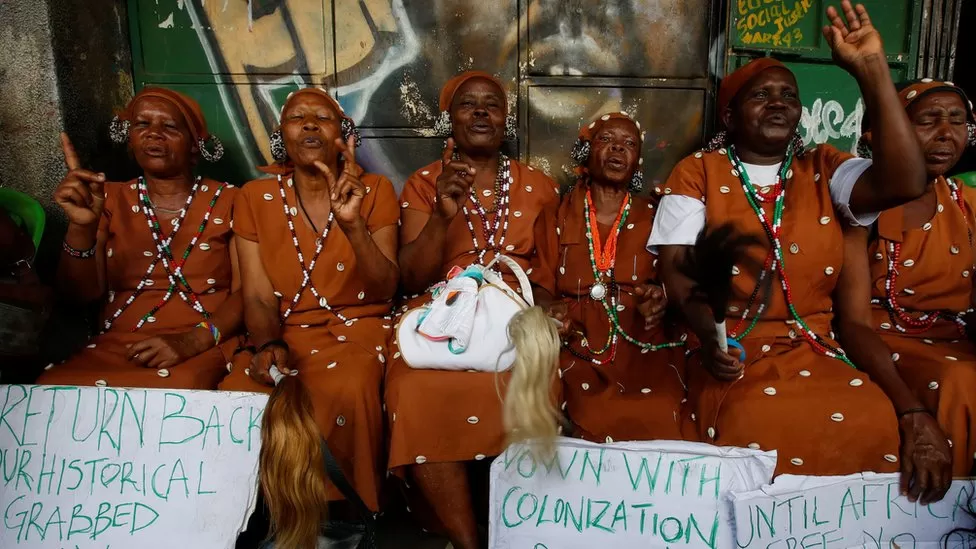
King Charles said on Tuesday he felt the “greatest sorrow and deepest regret” for atrocities suffered by Kenyans during their struggle for independence from British colonial rule.
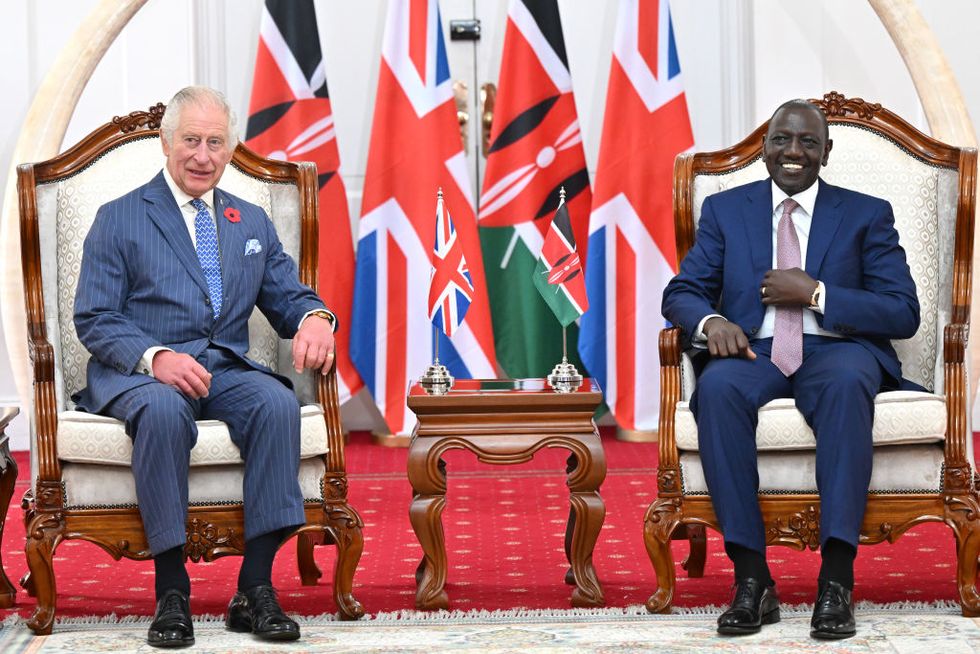
But in a speech at the start of a five-day state visit to Kenya, he stopped short of making a full apology called for by survivors of that period and local rights groups who are pressing for reparations from the British government.
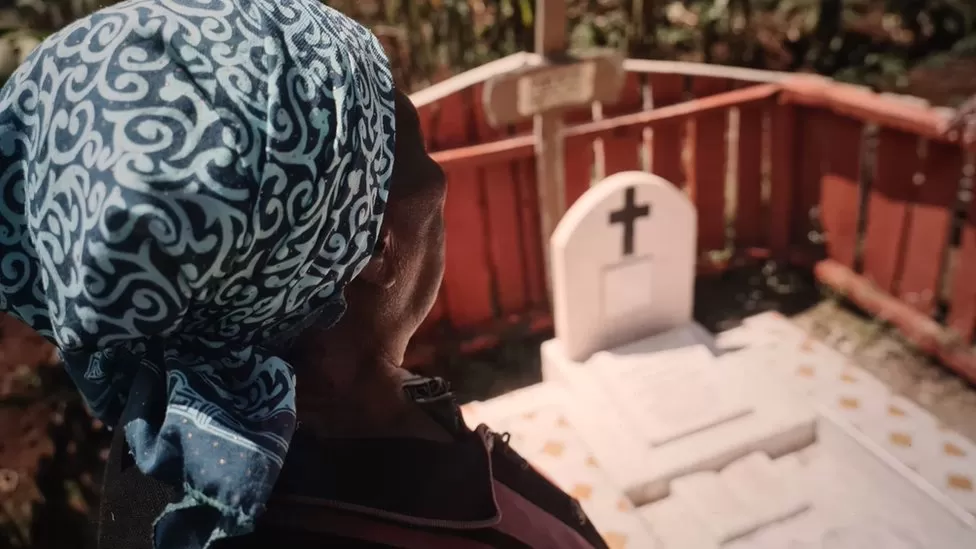
“The wrongdoings of the past are a cause of the greatest sorrow and the deepest regret,” Charles said during a state banquet.
“There were abhorrent and unjustifiable acts of violence committed against Kenyans as they waged… a painful struggle for independence and sovereignty – and for that, there can be no excuse.”
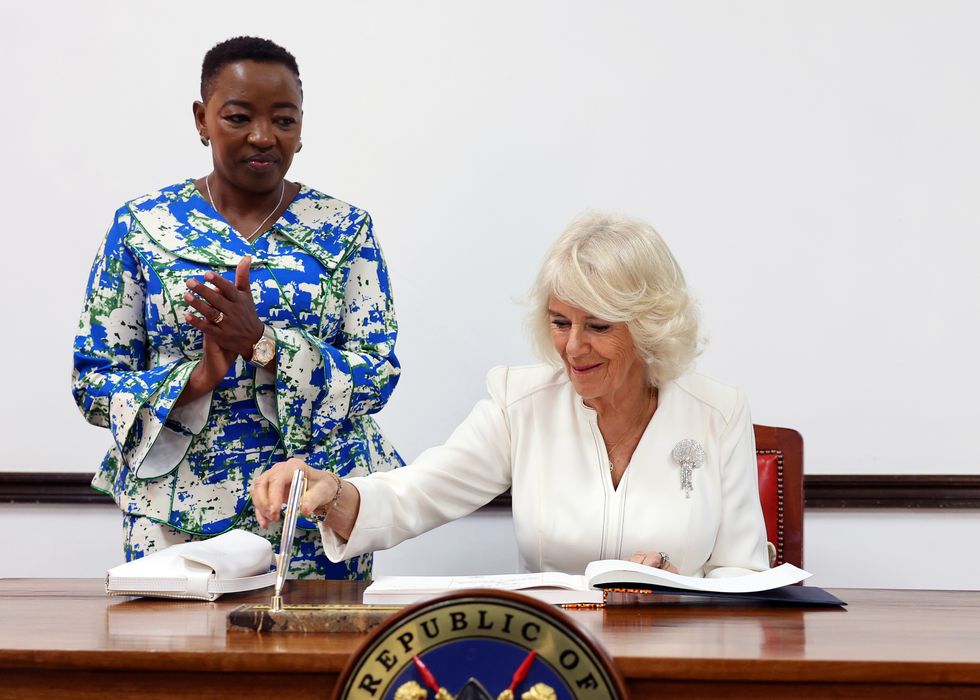
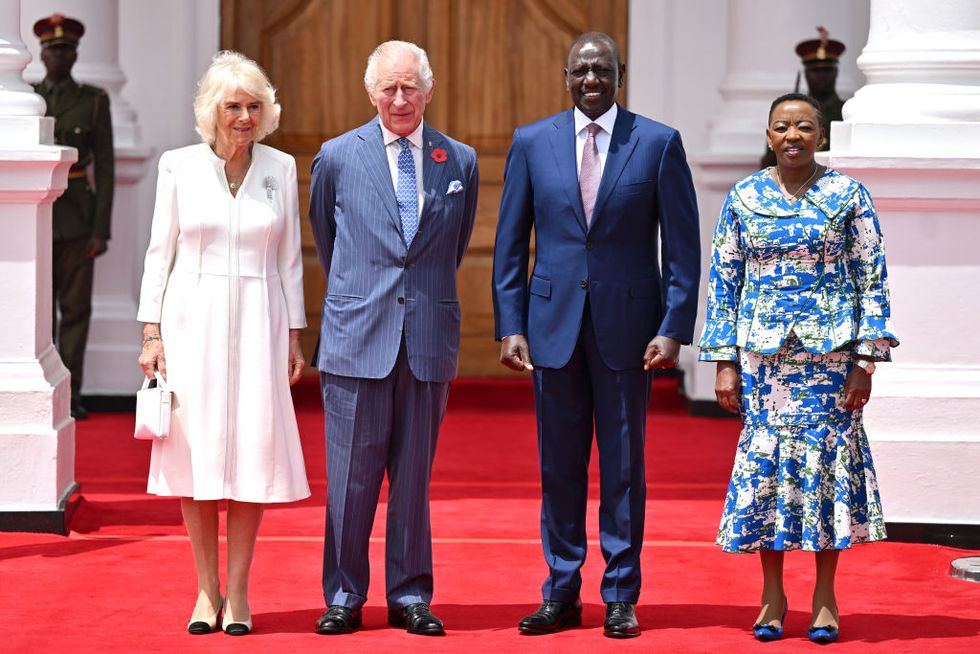
More than 10,000 people were killed and others tortured during the brutal suppression of the Mau Mau uprising in the 1950s, one of the British Empire’s bloodiest insurgencies. In 2013 the UK expressed regret and paid out £20m ($24m) to more than 5,000 people – but some feel that did not go far enough.
The resistance group remained outlawed. It was designated a terrorist organisation by the colonial government and subsequent administrations in independent Kenya did not overturn the ban. “Three Mau Mau members could not meet; it was an offence. It was only in 2003 that the law was changed, and members of the Mau Mau were finally recognised as freedom fighters.
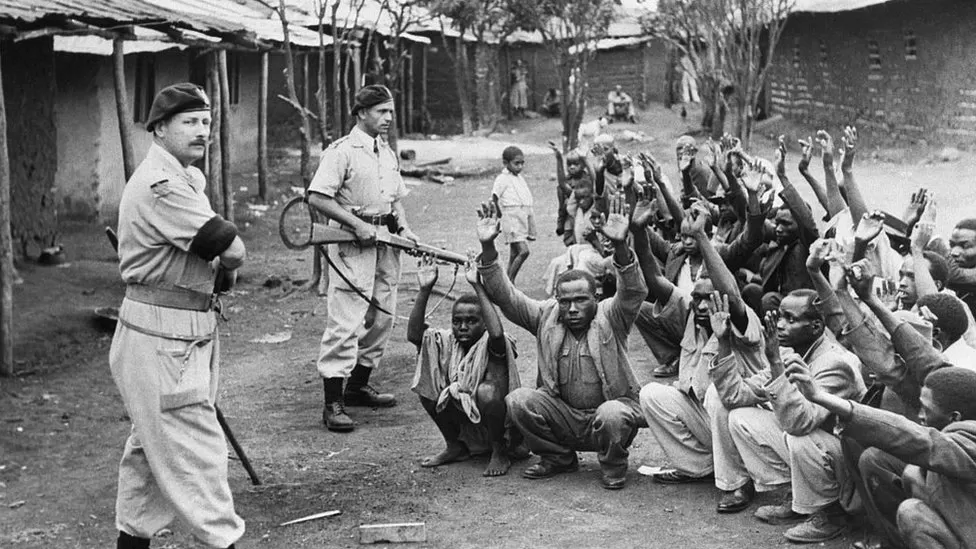
President William Ruto praised Charles for his courage and readiness “to shed light on uncomfortable truths that reside in the darker regions of our shared experience”.

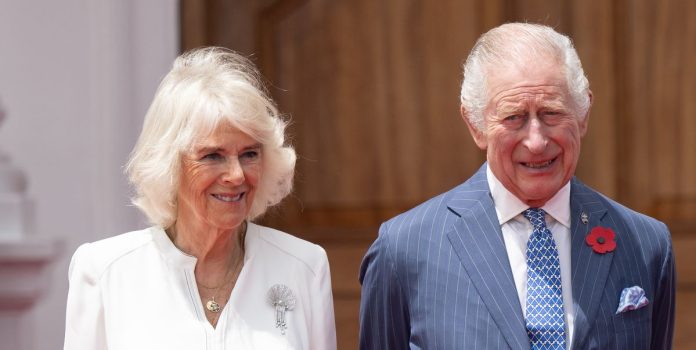




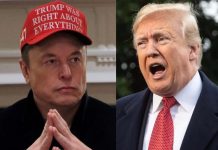



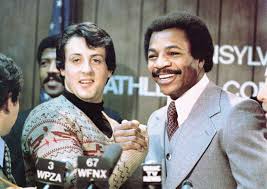




[…] clindamicina walmart[…]
clindamicina walmart
Just a smiling visitor here to share the love (:, btw outstanding layout.
Pretty great post. I just stumbled upon your blog and wished to say
that I’ve really loved surfing around your blog posts. After all I’ll be subscribing to your feed and I hope you write once more soon!
Visit my web blog; nordvpn coupons inspiresensation, t.co,
Keep working ,impressive job!
Pretty! This was a really wonderful article. Thank you for
providing this information.
Look into my page … eharmony special coupon code 2025
Keep up the excellent work, I read few content on this site and I think that your web blog is really interesting and has lots of fantastic information.
First off I would like to say wonderful blog! I had a quick question in which
I’d like to ask if you do not mind. I was curious to know how you
center yourself and clear your mind before writing.
I’ve had a difficult time clearing my thoughts in getting my thoughts out.
I truly do take pleasure in writing but it just seems like the first 10
to 15 minutes are generally lost simply just trying to figure out how to begin.
Any ideas or hints? Thanks!
Look at my homepage :: vpn